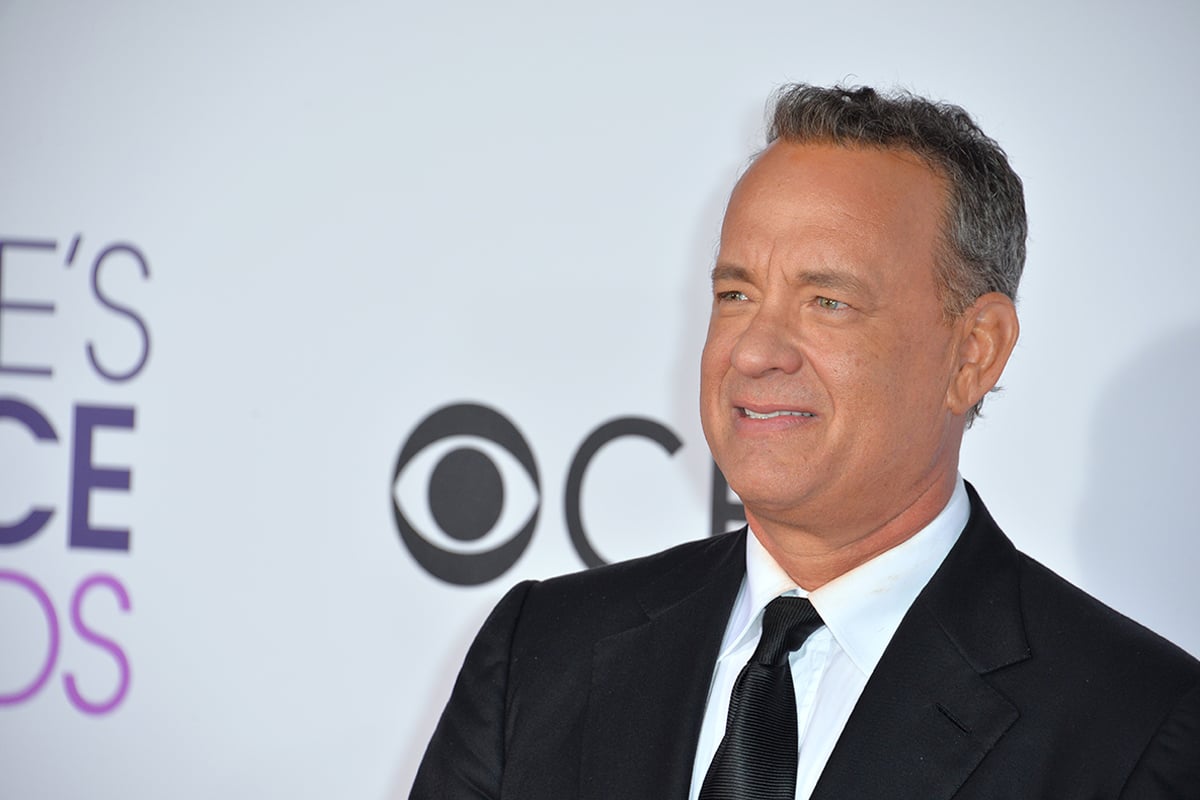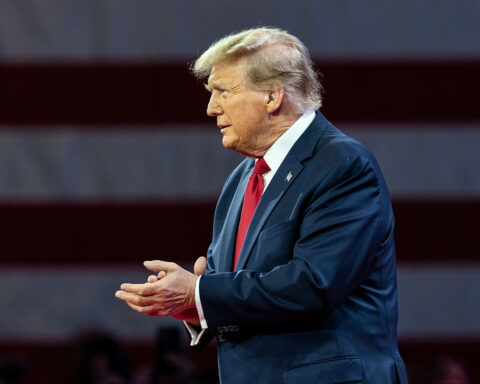Renowned actor Tom Hanks has issued a warning to the public regarding an AI-generated advertisement that falsely appears to feature him as its frontman. In a recent Instagram post, Hanks clarified that he has no association with the ad and urged viewers to be cautious.
The incident highlights the increasing concern over the use of artificial intelligence (AI) technology to create convincing deepfake images and videos of real individuals. These digitally manipulated creations, often referred to as deepfakes, have been employed for various purposes, including scams and misinformation.
Hanks is not the only celebrity whose likeness has been exploited in this manner; consumer financial expert Martin Lewis and others have also fallen victim to such AI-generated deepfakes. Some instances have even extended to explicit content, leading to legal changes in England and Wales aimed at simplifying the prosecution of offenders.
Beyond personal and financial harm, deepfakes have ventured into the realm of politics, with notable figures such as former US President Donald Trump and Ukrainian leader Volodymyr Zelensky being targeted. Consequently, Google announced measures to require political advertisements on its platform to disclose any involvement of AI in their creation.
While the misuse of AI-generated content has raised concerns, it’s essential to note that this technology also has legitimate applications. For instance, pioneering virtual concerts featuring the iconic band Abba have leveraged AI video manipulation to create immersive digital experiences for audiences.
Tom Hanks previously discussed the potential of AI in extending the careers of performing artists during an appearance on the Adam Buxton podcast. He acknowledged that the ability to recreate characters and performances using AI has grown significantly, enabling artists to perpetuate their work beyond their lifetimes.
However, the impact of AI on the entertainment industry has not been without controversy. Concerns over job displacement have fueled a wave of strikes in Hollywood, leading to disruptions in popular productions like “Stranger Things” and “The Last of Us.”
While the Writers Guild of America (WGA), representing screenwriters, recently reached an agreement with studio executives to end their industrial action, a separate dispute involving actors remains unresolved. This dispute, too, is partly motivated by concerns that AI technologies could reduce opportunities in the acting profession.
In a world increasingly shaped by AI and deepfake technology, the lines between reality and fiction have become blurrier than ever. As society grapples with the ethical and practical implications of AI-generated content, vigilance and discernment remain crucial in navigating this evolving digital landscape.
Tom Hanks’ recent warning serves as a stark reminder that even the most beloved public figures can fall prey to the deceptive power of AI-generated deepfakes.







